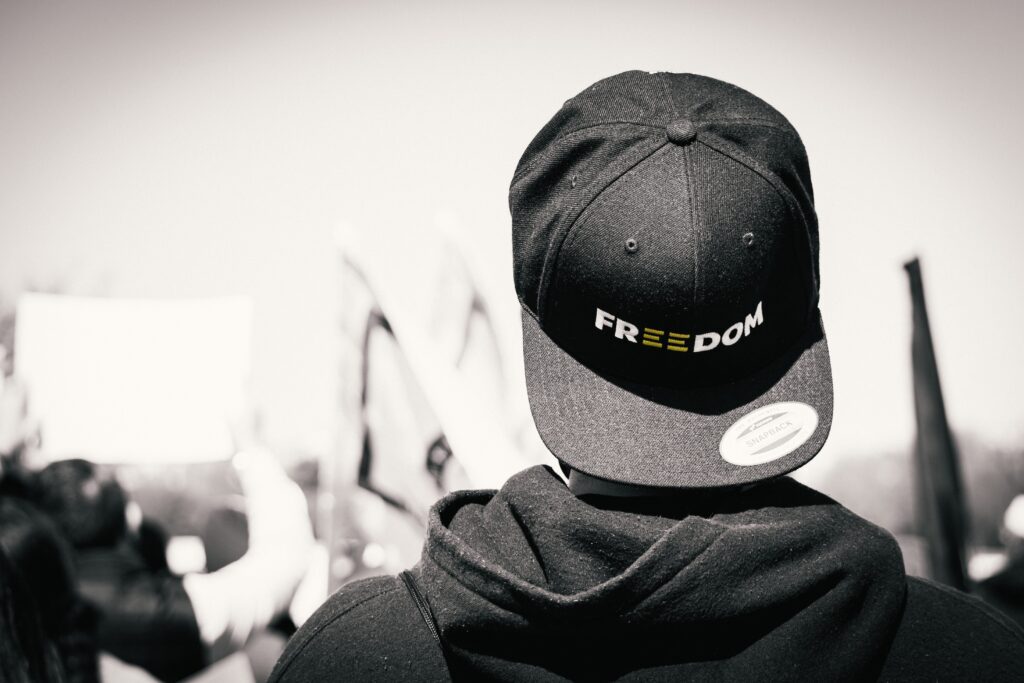On My Bedside Table is a book review series that wants to make sure that the best books are read over and over again. Find out more about the series here.
Just Mercy : A Story of Justice and Redemption, Bryan Stevenson (2014)
Bryan Stevenson is an exceptional lawyer, and a fearless champion for the poor, the broken, the unjustly condemned. In Just Mercy, he writes from the frontlines, bearing his heart and soul as he takes readers through the ugliness of America’s criminal justice system. The book is raw, searing, and deeply courageous. I have read it several times, and if never fails to challenge both my commitment to and my understanding of justice as a Seventh-day Adventist young adult.
Perhaps the most powerful aspect of the book is Bryan’s retelling of his client’s stories. Children like 14-year old Charlie, who had been deeply traumatized by years of living with an abusive father. Charlie was convicted of a tragic crime, and sent to an adult prison where he was sexually abused and raped by older male prisoners. When they met for the first time after Bryan took on Charlie’s case, Charlie sat in stunned silence for a long, long time. He eventually broke down in Bryan’s arms, sobbing heavily as he tried to find the words to describe the abuse he had suffered in prison. A broken child, broken even further by a justice system that had failed to protect him.
Yet along with accounts of injustice, there are powerful stories of mercy throughout the book. Stories about families like the Jennings, who adopted Charlie as their own, helped him get his general equivalency degree in detention, financed his college education, and became his second family. Stories about innocent men and women released from death row due to Bryan’s advocacy, stories about hope lost and hope regained. Each of these stories is a compelling call to recognize that we do not become more human by dehumanizing others; that the way we treat the poor and the condemned speaks volumes about who we are.
The day we cease to care about the suffering of humanity, we lose our own humanity.

What is the injustice that moves you? It could be the plight of Rohingya refugee children, separated from their families in the fastest growing humanitarian crisis in the world today. It could be the plight of migrants and refugees sold into slavery in Libya, or of the roughly 830 women who die every day across the world due to complications in pregnancy and childbirth. The injustice that moves you could also be closer to home: within your community, your school, your work place, your church.
Seeing Brian at work in Just Mercy will challenge you to find what it is you care about, roll up your sleeves, and give what you can.
That said, social justice is not an end in and of itself. The only lasting solution to injustice is the gospel’s work in changing the human heart, and the second coming of Jesus to put an end to all evil. Yet, while we live on this side of heaven, we have work to do. We are called to preach the gospel both in word and in deed, to be the mouth, hands and feet of Jesus: “Is this not the fast which I choose, to loosen the bands of wickedness, to undo the bands of the yoke, and to let the oppressed go free and break every yoke? Is it not to divide your bread with the hungry and bring the homeless poor into the house? When you see the naked to cover him…” Isaiah 58:6-7
Living a life of Just Mercy is, quite simply, following in Jesus’ footsteps.
“My work with the poor and incarcerated has persuaded me that the opposite of poverty is not wealth; the opposite of poverty is justice. Finally, I’ve come to believe that the the true measure of our commitment to justice, the character of our society… cannot be measured by how we treat the rich, the powerful, the privileged and the respected among us. The true measure of our character is how we treat the poor, the disfavored, the accused, the incarcerated and the condemned.” Just Mercy p. 18
Thando works in the maternal and child health program at Canada’s International Development Research Centre (IDRC). She has had the privilege of serving in youth and campus ministry in different capacities over the last ten years. She is an avid reader, and believes in the power of books to expand and enrich the mind and soul.


Leave a Reply